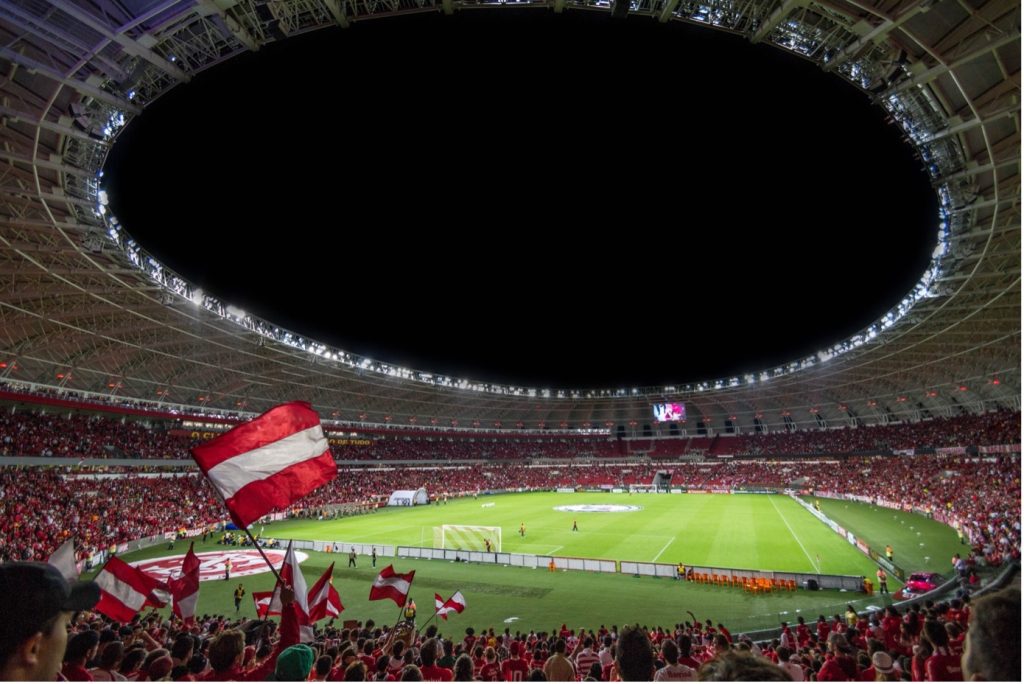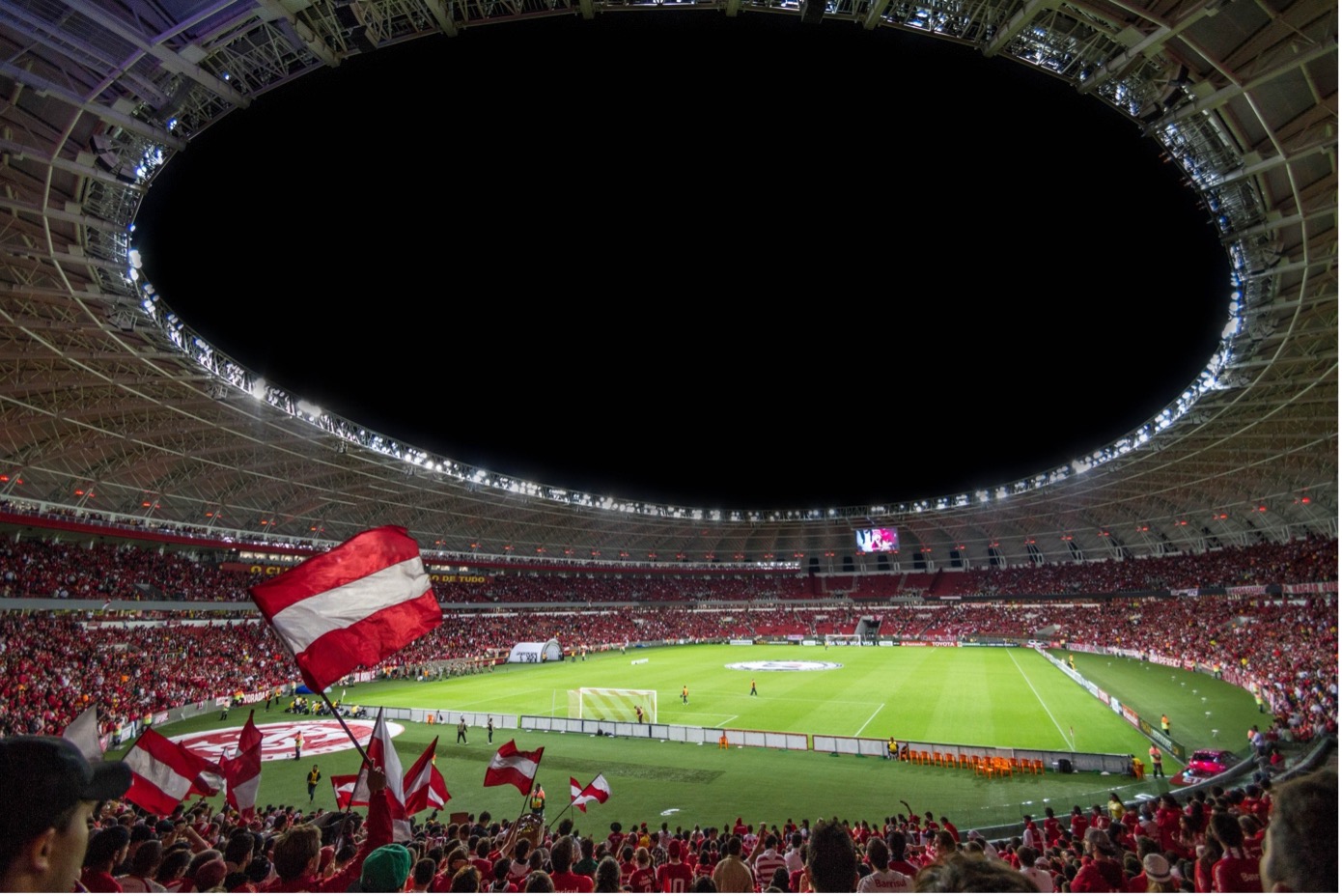Authors: Shams Jouve and Saron M. Obia.
Introduction: illustration of insecurity issues in the mega sporting events
Improving security in mega sporting events is a major issue since the terrorist attacks of the Munich Olympic Games on September 5, 1972. These attacks, committed by the Palestinian militant group Black September on the Israeli Olympic team members, reflect a complete lack of security in the Olympic Village and an insufficient preparation of the police forces. Indeed, the terrorists were able to access the quarters of the Israeli Olympic team in the Olympic Village to cause the death of two people and hold nine hostages. The second part of the attack took place at the Fürstenfeldbruck airbase, after the authorities faked an agreement to help the terrorists fly safely to the Middle East. The police organized an ambush, which quickly turned into a disaster because of the many errors in the planification and execution of the operation.
Nearly ten years later, the European Cup Final of May 29, 1985, also suffered from a concerning lack of police resources and preparation. The authorities weren’t expecting the hundreds of Liverpool supporters, nor the high quantity of alcohol consumed. During the match, Italian supporters were attacked by hooligans but couldn’t leave the closed stadium until they broke a wall. As a result, 39 victims and an exclusion of English football clubs from all European Cups for a period of five years. Another alarming event for stadia security happened in 2015 at the Stade de France. In fact, the stadium explosions were the first terrorist attacks of the November 13 series. France was in a climate of fear after the Charlie Hebdo attacks of January 7, which should have increased the vigilance of authorities. However, the prevention of a possible terrorist attack was clearly insufficient because three kamikazes exploded around the stadium, causing one death, and injuring 63 people.
This is a concerning issue, and even if its causes have been identified so far, this paper will argue that security strategies still need to be improved to guarantee the security of participants especially in relation to the densification of security forces around the stadium for each encounters of the competition; proper distance of filtering posts; crowd management, the prohibition of ticket sales and Covid19 tests in the vicinity of the stadium in addition to a variety of other security measures such as the prohibition on selling alcohol and light weapons. This paper highlights four main causes of insecurity during mega sporting events. Those are: ticketing, filtering and access to stadium, health, and terrorism. The paper will then move to provide two examples where possible improvements have been made.

Causes of insecurity during mega sporting events
Ticketing
One of the major aspects of the evolution of technology is the changing patterns of crimes. With the proliferation of new tools, hackers and fans are able to duplicate or produce fake tickets in order to gain access in to the stadium during friendly or international encounter. For example, massive ticket fraud incident before the kick-off of Liverpool- Real Madrid final of the 2022 Champions League in France. In Sub Saharan African, fans wait for kick-off of the match to pay less for ticket (if the ticket is 3000, one can pay 1500) or even access with the help of supervisor without paying. This is a reason for several security incidents during sporting events in SSA, as stewards try to restraint persons from disorder, and even theft. More so, some security agents and administrative personnel’s when in uniform give their badge to friends to easily access the stadium.
Filtering and access to stadium
The distance between filtering post (security duty stations) are usually close to the stadium, when an incident occurs, even innocent persons are victims. The stadium should provide access for women with kids, persons living with disabilities, fans, and normal football lovers in order to limit stampede and crowd crushing. An example, is the stampede during the African Cup of Nations in Cameroon, precisely on 24 January 2022, during the match between the Indomitable Lions of Cameroon and the Comoros national team, which occurred at the south entrance of the Olembe stadium before the kick-off, resulting in 8 deaths and several injuries. As such, security stations most be provide several meters from the stadium, as well machines and experts to control access badges.
Health
When an individual is well diagnosing or tested, the problem is half solved. With the Covid19 pandemic, the world went on its knees, as mega sporting events organizers limited the number of entry in to stadia. In Europe as in Africa, there are always unscrupulous individuals, who organised business even on medical issues. In the case of Covid19, some pay medical personnel to give them the card without taking the vaccine. With the incident during the qualifier match which opposed Nigeria to Ghana (in Nigeria), which after which fans stormed the pitch, attack Ghanaian fans, if some were not vaccinated, or there are asthmatic patients, the result will be critical.
Terrorism
The globalization era has initiated a new wave of insecurity, that on mega sporting events. The targeted attack on Stade de France, Paris in 2015, where three detonations at 9.20pm,9.30pm and 9.53pm local time were heard during a friend encounter between Germany and France, challenged the level of intelligence alert of the country. The field which hosted 80000 sport fans had no idea about attack believing the attack to be fireworks. Which at the end of the encounter, fans gather at the pitch, with three exits open. The president Hollande convened an emergency cabinet meeting to reconfigure the security of the territory, from border security to state of emergency. Despite this security alert, France continues to encounter several challenges in securing mega sporting events.
Furthermore, in 2018, a poster designed by al-Nur Media Center and published on Telegram, crusading for aspirants and other jihadists, showing flags of countries competing in the FIFA world Cup with text ‘Choisis ta Cible’ (Choose your target). Terror group further produced a graphic of terrorist outside of a stadium armed with a gun and explosives.
Measures adopted to limit insecurity
Case of Cameroon regards to AFCON
Drawing from the incident on 24 January 2022, during the match between the Indomitable Lions of Cameroon and the Comoros national team, which a deadly stampede occurred at the south entrance of the Olembe stadium, resulting in 8 deaths and several injuries. The state machinery was fast to adopt new security measure in order to face the challenge and on recommendation of the president of CAF. The densification of security forces around the stadium for each encounters of the competition, in order to avoid any stampede and ease crowd management, following the incident during the encounter between Cameroon national team and the Comoros national team at the Olembe Stadium.
The state provided proper distance of filtering posts in order to control the crowd and lead them in to the stadium through different access to different stadia during the competition in Cameroon. It should be noted that, several spots where announced on national radio station by the Cameroon football federation on how to obtain a ticket, as such, the prohibition of ticket sales around stadia was to limit ticket fraud.
More so, Covid19 tests were prohibited in the vicinity of the stadium, and additional safety and security measures step-up. The prevalence of corruption in Sub Saharan Africa and the low salary of medical personnel, was a strategic threat to the competition. Those chosen for the event, to verify or administer the Covid19 vaccine, engage in illicit activities. Individuals paid and enter the stadium without receiving the vaccine. The state had to recommended special medical centers, in order to limit staff dishonesty at the level of health institutions.
Case of France, with regards to the Champions League Finals
Securing mega sporting events might be sometimes challenging, but the reaction of law enforcement during incidents are crucial for the state. Responding to the incident (distribution of fake tickets and inadequate crowd management, which resulted in women and children blown by police tear-gas) before the kick-off of the Champions League Finals 2022 contested Liverpool and Real Madrid. French interior minister Gerald Darmanin attests to the Financial Times, of massive fraud on an industrial scale of ticket.
French prosecutors are investigating the incident link to ticket fraud, and the UEFA, European football governing council has been requested to discuss on the issue. However, a meeting between the French football federation, law enforcement officers, interior minister and representatives to adopt new strategy to avoid similar incidents ahead of the preparation to host the Rugby World Cup next year and Summer Olympics in 2024 in France.
Lessons learnt from the 2022 champions league final incident in France, appeals for a new strategy for mega sporting events. With focus on the Rugby World Cup and Summer Olympics in France 2024, the state will need to join efforts with private and international organizations like Interpol, to help profile the different fans of national teams, provide restrictive zones and develop crowd management strategy and limit ticket fraud. The international criminal police, through project stadia, would help educate French law enforcement officers and stewards on securing mega sporting events.

No comments.